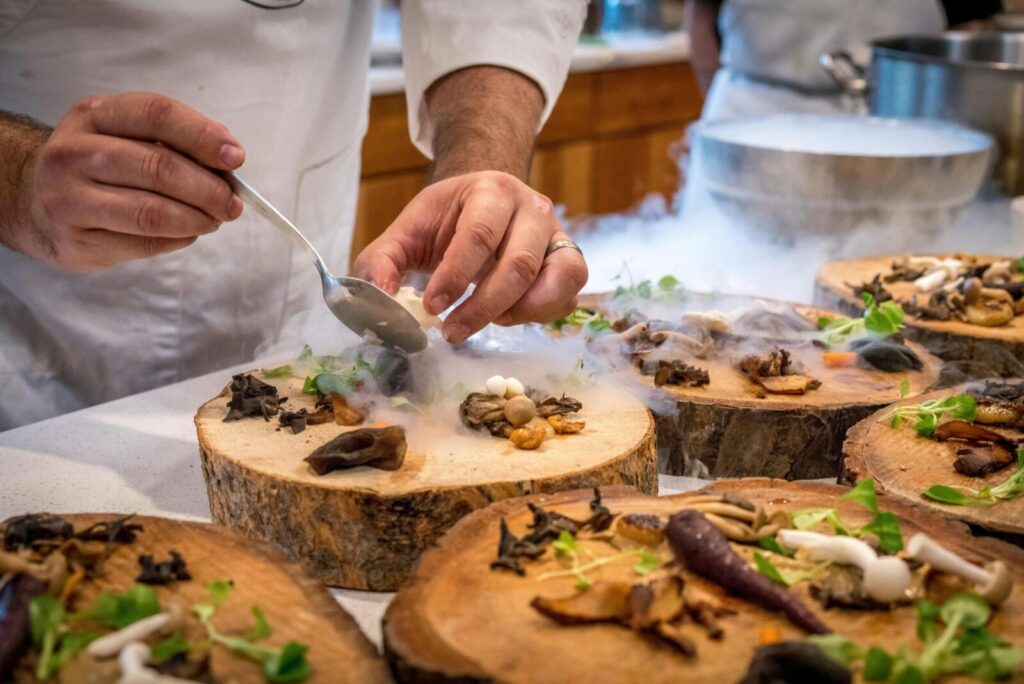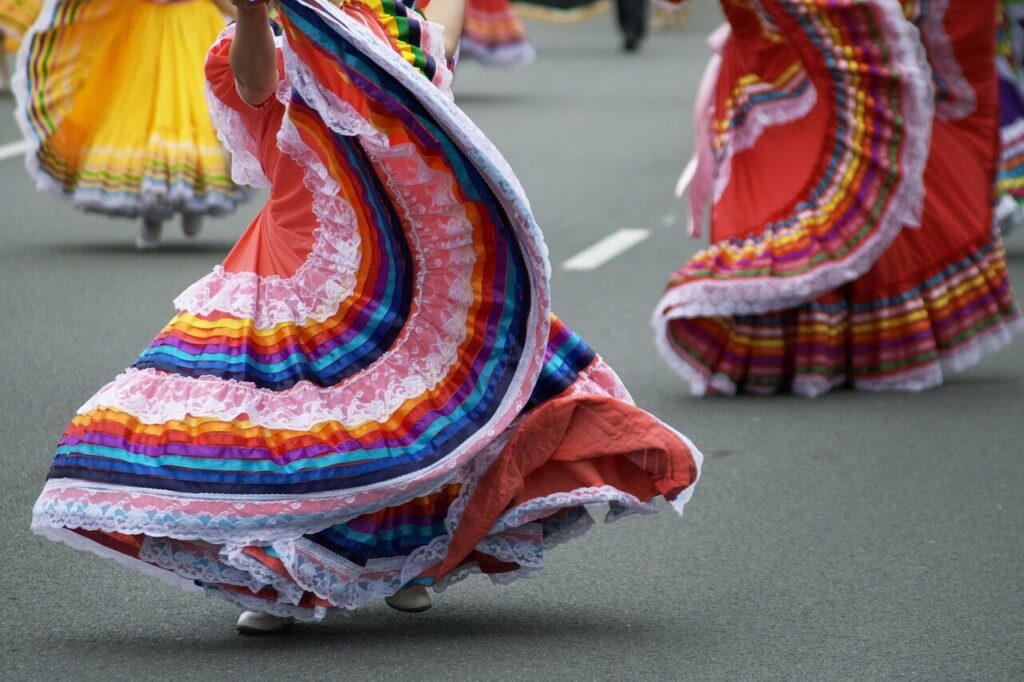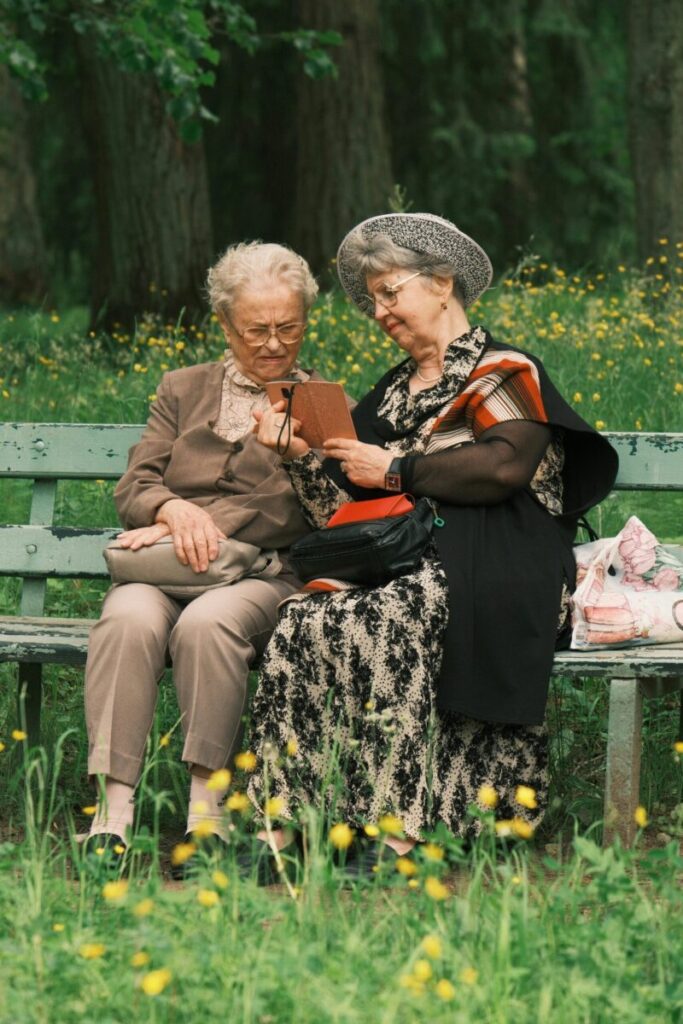Immigrant communities in the United States are reshaping the lifestyles of seniors in meaningful and diverse ways. As these communities grow, they bring cultural traditions, cuisines, and social practices that significantly impact the daily lives and well-being of older adults. For seniors, exposure to immigrant cultures often provides opportunities for enhanced social interaction, improved nutrition, and access to alternative health practices. Community centers, religious institutions, and local organizations within immigrant populations frequently offer programs tailored to older adults, promoting engagement and reducing social isolation. Additionally, immigrant-led initiatives in areas such as arts, education, and volunteering give seniors avenues to stay active and mentally stimulated. Beyond social and recreational aspects, immigrant communities contribute to healthcare awareness and intergenerational learning, helping seniors adopt healthier and more fulfilling lifestyles. This blend of cultural exchange and practical support is fostering more connected, enriched, and dynamic experiences for seniors across the U.S.
1. Culinary Traditions Improve Nutrition

Immigrant communities introduce seniors to diverse cuisines rich in nutrients and flavors. Dishes from Mexican, Indian, Vietnamese, and Mediterranean cultures, for example, offer more plant-based ingredients, spices with anti-inflammatory properties, and healthier cooking methods than typical processed American foods. Participating in communal meals or cooking classes hosted by immigrant organizations allows seniors to explore new diets while maintaining social connections. Exposure to these foods not only diversifies meal options but can also lead to better heart health, weight management, and overall wellness. For many seniors, embracing immigrant culinary traditions is both an enjoyable and practical step toward improved nutrition and healthier eating habits.
2. Cultural Festivals Encourage Social Engagement

Immigrant communities host cultural festivals that attract seniors, creating opportunities for social interaction and community participation. Events like Lunar New Year celebrations, Diwali gatherings, and Caribbean Carnival provide seniors with chances to meet others, enjoy music and dance, and experience cultural traditions firsthand. Engaging in these festivals helps reduce social isolation, a common concern among older adults, while promoting mental and emotional well-being. Seniors often find joy in volunteering, observing, or performing at these events, fostering a sense of purpose and belonging. Cultural festivals also provide a bridge for seniors to learn about different traditions, encouraging cultural curiosity and lifelong learning.
3. Faith-Based Activities Offer Emotional Support

Many immigrant communities revolve around religious institutions, which serve as essential support systems for seniors. Churches, mosques, temples, and synagogues often provide activities such as prayer groups, meditation sessions, and faith-based social clubs. These gatherings offer seniors emotional support, companionship, and a safe space for sharing life experiences. In addition to spiritual guidance, these faith-based activities frequently include wellness programs, educational workshops, and volunteer opportunities. Seniors benefit from both the social and spiritual aspects of these gatherings, which can reduce loneliness, alleviate stress, and strengthen community bonds. Immigrant-led religious activities, therefore, play a critical role in supporting the emotional health and resilience of older adults.
4. Traditional Health Practices Promote Wellness

Immigrant communities often introduce seniors to alternative health practices such as acupuncture, yoga, herbal medicine, and meditation. These practices, rooted in cultural traditions, are increasingly recognized for their benefits in managing chronic conditions, improving flexibility, reducing stress, and enhancing overall well-being. Seniors who participate in immigrant-led health workshops or wellness programs can learn techniques that complement conventional medical care. The exposure to diverse approaches empowers seniors to take a proactive role in their health while respecting cultural practices. For many older adults, embracing these traditional health methods enriches their routines and provides holistic approaches to aging gracefully.
5. Language and Cultural Exchange Boost Cognitive Function

Interaction with immigrant communities provides seniors with opportunities to engage in language learning and cultural exchange. Activities like conversational language classes, storytelling sessions, and cultural workshops stimulate cognitive function, enhance memory, and improve mental agility. Seniors benefit from learning basic phrases in Spanish, Mandarin, Arabic, or other languages while exploring customs, music, and arts from different countries. This cultural engagement promotes lifelong learning and mental stimulation, which are key to maintaining cognitive health. Additionally, forming friendships with immigrant community members encourages socialization, reinforcing emotional well-being alongside cognitive growth.
6. Volunteering Opportunities Enhance Purpose

Immigrant communities often create volunteer programs that welcome seniors to participate in mentorship, translation, tutoring, and community service. These roles allow older adults to share their skills, experiences, and knowledge while helping newcomers adapt to life in the U.S. Participation provides seniors with a sense of purpose, combats feelings of isolation, and promotes active involvement in the community. Volunteering also supports intergenerational connections, as seniors often work alongside younger immigrants and children. Engaging in meaningful service not only benefits the immigrant community but also enhances the overall quality of life, self-esteem, and mental health of senior volunteers.
7. Arts and Music Enrich Cultural Experiences

Immigrant communities contribute to seniors’ lifestyles through arts and music programs that celebrate diverse cultural expressions. Seniors can participate in painting workshops, music classes, dance performances, and theater productions that showcase global traditions. Exposure to artistic activities encourages creativity, emotional expression, and stress relief. Participating in immigrant-led arts initiatives also fosters intergenerational connections and broadens seniors’ understanding of the world. For many older adults, engaging with art and music from different cultures becomes a joyful and stimulating aspect of daily life, improving mental health and enhancing overall cultural appreciation.
8. Intergenerational Connections Promote Community Bonds

Immigrant communities often encourage intergenerational activities where seniors interact with children and young adults. Programs such as mentoring, storytelling, and cultural education strengthen family-like connections and create mutual learning experiences. Seniors gain emotional fulfillment and purpose while younger participants learn history, traditions, and life skills. These connections help combat loneliness and foster a sense of belonging for both generations. The presence of immigrant families in these programs promotes cultural diversity, appreciation, and shared experiences. Intergenerational engagement, therefore, plays a significant role in supporting seniors’ social, emotional, and mental well-being while enriching community cohesion.
9. Entrepreneurship Inspires Active Aging

Many immigrant communities inspire seniors to engage in entrepreneurial activities such as craft making, small-scale catering, or cultural goods sales. Seniors who participate in these ventures remain physically active, mentally engaged, and socially connected. Entrepreneurship allows older adults to leverage lifelong skills, generate supplemental income, and maintain independence. Additionally, collaboration with immigrant business owners exposes seniors to innovative ideas and cross-cultural business practices. This active involvement in community-based entrepreneurship contributes to self-confidence, financial security, and a sense of accomplishment, enhancing overall quality of life for older adults in the U.S.
10. Advocacy Programs Empower Seniors

Immigrant-led advocacy organizations often provide seniors with resources, legal support, and educational workshops to navigate healthcare, housing, and social services. These programs empower older adults to access essential benefits, understand their rights, and engage in civic participation. Seniors who participate in advocacy programs gain confidence, knowledge, and social connections while contributing to community improvement. Immigrant communities also offer platforms for seniors to share their voices, experiences, and concerns, fostering leadership and engagement. These opportunities not only enhance seniors’ independence but also strengthen their connection to a supportive and culturally diverse community.
Comments